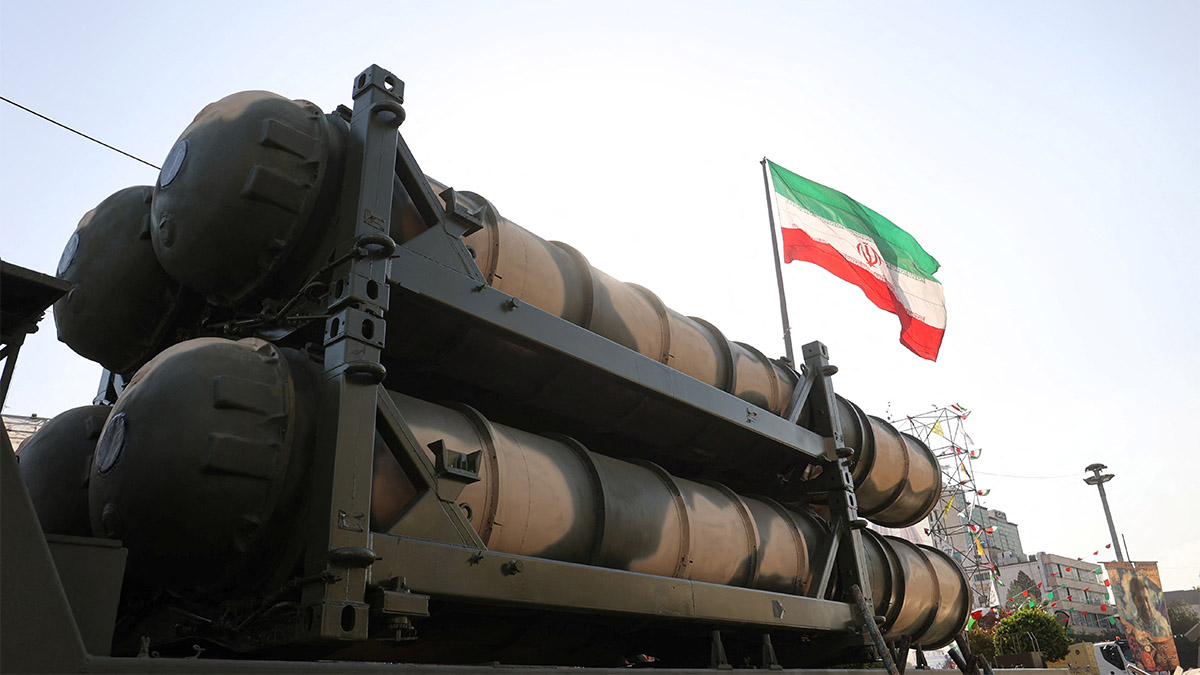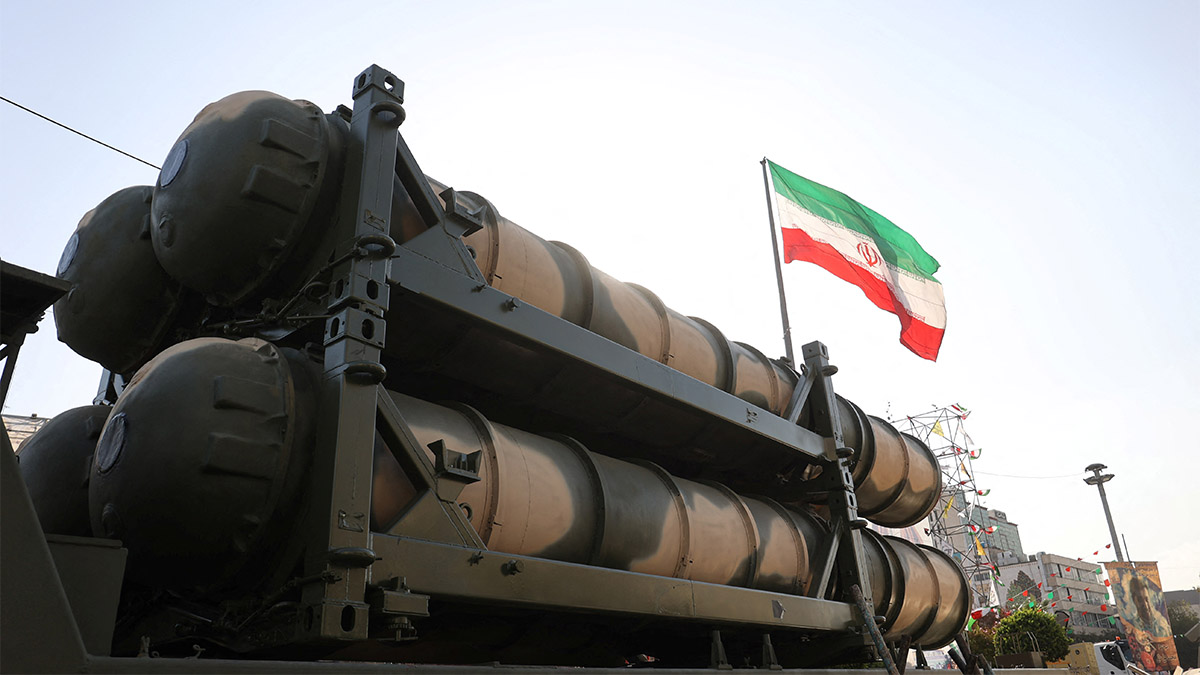Early morning on Saturday, October 26, Israel’s fighter jets carried out strikes against 20 military installations in Iran. Later, the Israeli Prime Minister Benjamin Netanyahu said: “The air force attacked throughout Iran. We hit (hard) Iran’s defence capabilities and its ability to produce missiles that are aimed at us. The attack in Iran was precise and powerful, and it achieved all its objectives”.
Notably, Israel avoided attacks against Iran’s nuclear sites, perhaps because the Biden administration had emphatically warned against striking these.
Although the Israeli strikes appeared to be calibrated and targeted only military installations in Iran, fears have arisen about a possible escalation of the conflict. A debate is taking place in Iran about what should be the country’s response to the Israeli attacks. There are some who feel that the Israeli attacks warrant a military response, and that Iran would be perceived as weak if it does nothing.
However, there are many others who point out that the Israeli attacks were rather limited as compared to what had been feared and that, according to the Iranian government, they did not cause extensive damage. They also argue that an Iranian counterattack would lead to further escalation and the damage which will be caused by another and perhaps bigger Israeli strike would be considerably more than the one caused by the recent one.
Speaking about the Israeli attacks, Iran’s Supreme Leader Ayatollah Khamenei made some remarks which are very interesting. He said that the “Zionists are making a miscalculation with respect to Iran. They don’t know Iran. They still haven’t been able to correctly understand the power, initiative and determination of the Iranian people. We need to make them understand these things”.
So, were Khamenei’s words a call for escalation of the conflict? Far from it, for he also said that “the evil committed by the Zionist regime should neither be downplayed nor exaggerated”. Khamenei said that Iran’s power should be demonstrated to Israel, and that the way to do so should be “determined by the officials and that whatever is in the interests of the people and the country should take place”. The remarks by Ayatollah Khamenei clearly indicate that he does not want the recent Israeli attack to automatically lead to an escalation of the conflict.
The big takeaway from Khamenei’s remarks is he wants caution, not recklessness. His remarks clearly indicate that he does not want the Israeli attack to automatically lead to an escalation of the conflict. When he said that “whatever is in the best interest of the people and the country should take place”, he conveyed to his government that it should not think that it is under any sort of pressure to counterattack.
These remarks by Khamenei are also interesting because they are much more cautious than what he said about some earlier Israeli attacks. For example, in retaliation for the killing of Hamas’ political leader Ismail Haniyeh in Tehran on July 31 this year, Khamenei had promised “harsh punishment”. Again, he had said that the killing of Hezbollah leader Hassan Nasrallah a month ago on September 27 would not go unavenged. His remarks regarding Israel’s recent attack on Iran, in comparison, are much more tempered. He wants that the Israeli attacks “should neither be downplayed nor exaggerated”.
There are growing concerns in Iran about how any escalation in the conflict would have a very adverse impact on the already ailing economy. Iran has been suffering from high inflation, rising unemployment and a collapsing currency. For Iran’s middle class, the economic situation has noticeably deteriorated. The standard of living in Iran plummeted due to US sanctions. The Iranian regime tries to buy social peace with subsidies for essentials like food and gasoline. However, protests against the political leadership frequently take place, often triggered by rising prices, though the regime quells them ruthlessly. However, the economic situation does raise the question: can Iran’s economy sustain a prolonged armed conflict with Israel?
Iran also has to take into account that an escalation of the conflict may also draw the United States into the conflict. Perhaps, this is what Netanyahu wants. If this happens, the consequences for Iran would be devastating. The scale and area of the conflict may increase a lot, which would also cause damage to Iran’s improving relations with its Gulf Arab neighbours.
Many within the Iranian regime also argue that for all these reasons, de-escalation outweighs the cost of escalation and the Israeli attacks do not merit an Iranian response. The Israeli military has already warned Iran on Saturday that the Islamic republic would “pay a heavy price” if it began a new round of escalation after Israel carried out air strikes in Iran. Israeli military spokesman Daniel Hagari said in a statement, “If the regime in Iran were to make the mistake of beginning a new round of escalation, we will be obligated to respond. Our message is clear: All those who threaten the State of Israel and seek to drag the region into a wider escalation will pay a heavy price.”
Of course, Iran’s Foreign Ministry has accused Israel of inflaming tensions across the region and said that Tehran was “entitled and obligated to defend itself against foreign acts of aggression”, but this is nothing more than diplomatic posturing. State television and media outlets in Iran which are affiliated with the powerful Islamic Revolutionary Guards Corps have played down the Israeli attacks. In any case, the Supreme Leader has directed that the Israeli attacks should “neither be downplayed nor exaggerated” and that “whatever is in the best interest of the people and the country should take place”. This is a directive to the Iranian government to exercise caution, and is to be welcomed against the mounting fears of an escalation of the conflict.
It was feared that one of the biggest fallouts of an escalation of the conflict would be on the global energy market — something that has a drastic impact on countries like India that rely on sizable imports of oil and natural gas. Any escalation in the Iran-Israel conflict can disrupt energy supplies from the Middle East, sending crude prices skyward. Geopolitical uncertainty had been pushing oil prices higher but thankfully they have slumped around 4.2 per cent after the Israeli strikes avoided Iran’s oil facilities.
The writer is a retired Indian diplomat and had previously served as Consul General in New York. Views expressed in the above piece are personal and solely those of the author. They do not necessarily reflect Firstpost’s views.


)
)
)
)
)
)
)
)
)



